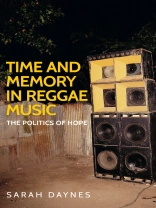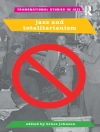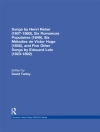On the basis of a body of reggae songs from the 1970s and late 1990s, this book offers a sociological analysis of memory, hope and redemption in reggae music. From Dennis Brown to Sizzla, the way in which reggae music constructs a musical, religious and socio-political memory in rupture with dominant models is vividly illustrated by the lyrics themselves. How is the past remembered in the present? How does remembering the past allow for imagining the future? How does collective memory participate in the historical grounding of collective identity? What is the relationship between tradition and revolution, between the recollection of the past and the imagination of the future, between passivity and action? Ultimately, this case study of ‘memory at work’ opens up a theoretical problem: the conceptualization of time and its relationship with memory.
Mục lục
List of tables
List of boxes
List of figures
Acknowledgements
Introduction
Part I. A study in elective affinity: music, religion and memory
1. Reggae and Rastafari: a history
2. Interpreting songs: notes on methodology
3. Analysis of reggae charts, 1968–2000
4. The construction of a musical memory in reggae music
Part II. Remembering the past
5. Slavery and the diaspora: temporal and spatial articulations
6. The construction of a religious chain of memory
Part III. Revealing the future
7. Messianism, between past and future
8. Hope and redemption
9. The end of the world as future-present
Part IV. From revelation to revolution
10. The construction of a sociopolitical memory of liberation
11. Rhetoric of oppression and social critique
12. Resistance and revolution
Part V. Conclusion
13. Time and memory
Bibliography
Index
Giới thiệu về tác giả
Sarah Daynes is Assistant Professor in Sociology at the University of North Carolina, Greensboro












